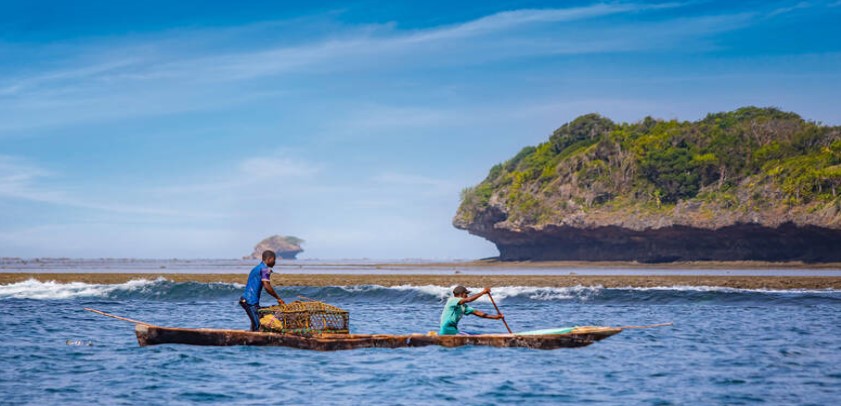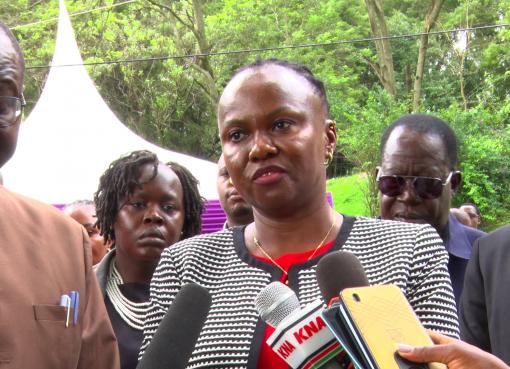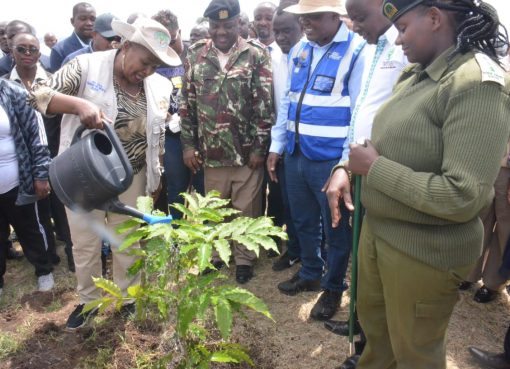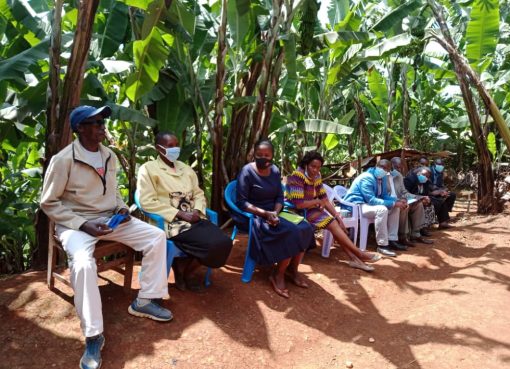The national government, under the umbrella of the Go Blue project, has partnered with global NGOs, the European Union (EU), and the six coastal counties to train youth in vocational and technical skills.
The training seeks to equip the coastal youths with industry-relevant skills as well as connect them to formal and self-employment opportunities.
Four areas of training on maritime security, maritime transport & maintenance, tourism & hospitality, and vessel/boat repair and maintenance have been identified as sectors with the most potential.
Interested youths aged between 18 and 35 years will be expected to pick one of the four areas and go through a six-month training period.
The trainees will also benefit from subsidiary courses on the entrepreneurship development process, computer skills, life skills, and work readiness.
On successful completion, the trainees will be linked to internship and placement opportunities in their areas of interest.
Taita Taveta County Director for the Department of Youth, Sports, Gender, Culture and Social Services, Wallace Mwaluma, has urged youths to take advantage of the opportunity to improve their skills and employability.
“I call upon all qualified youths to take advantage of this opportunity to be trained in industry-specific skills and better their employability,” urged Mr Mwaluma.
The Go Blue Economy aims to tap at natural resources from the coastal and marine ecosystems that lie unutilized at the Kenyan coast according to UN-Habitat.
The ultimate objective is to unlock the massive sea-land potential to create sustainable and inclusive economic growth and development with employment and environmental conservation impact.
The four-year programme with a funding kitty of EUR 25 million from the EU and its member states targets to create more than 3000 jobs for the coastal women and youth.
The National government continues to pursue its goal to make Kenya, particularly the counties, attractive for external investments and partnerships through capacity-building and industrialization.
By Arnold Linga Masila





